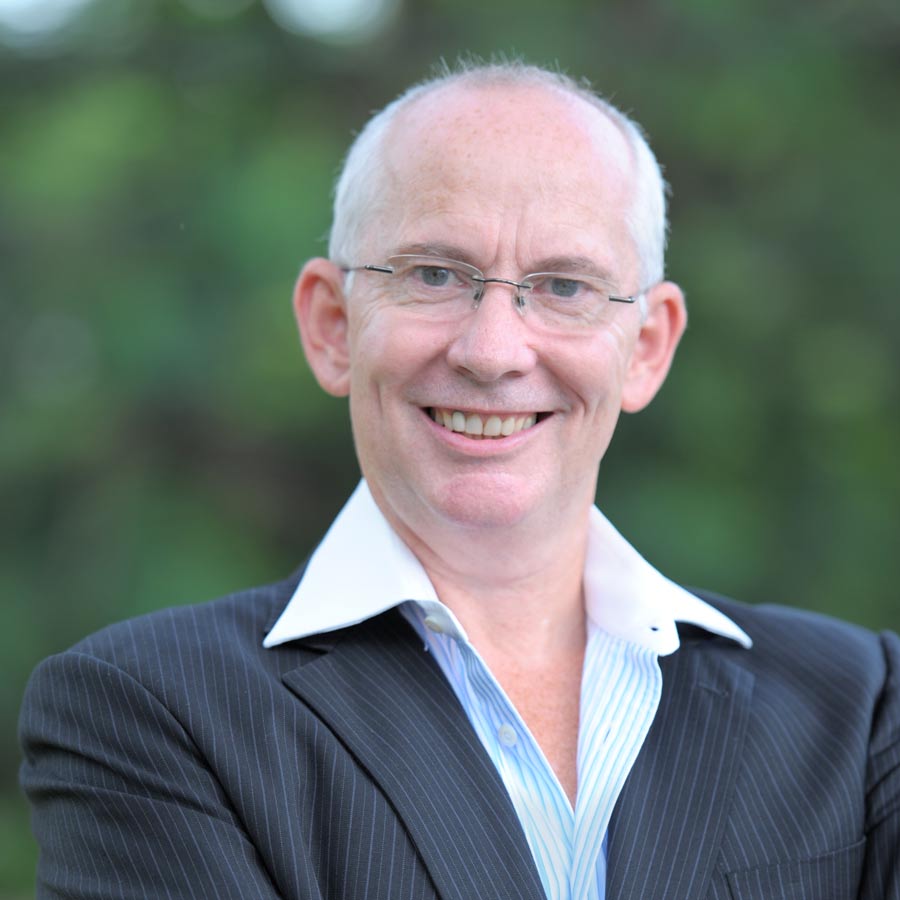With World Malaria Day on April 25 and efforts to eradicate the disease by 2050 on track, it was a pleasure to catch up with our very own George Duncan, Director of New Business Development. As pioneers of innovative solutions against disease in developing countries, ERADA plays a key part in the fight against malaria.
George is trusted with finding new business partners, suppliers and markets in order to meet our overall objectives and the company’s vision of early detection and early treatment to end disease.
Could you tell us a bit about yourself and your background?
I enjoyed a great career as a military pilot with the UK’s Royal Air Force and latterly, aviation training, where I was one of the first to implement a mandatory, worldwide programme to reduce human error in aviation. I’ve applied this same knowledge and approach to the healthcare markets, utilising my experience in business development to take ERADA forward in being a pioneer in the battle against malaria.
How did ERADA become involved in campaigning for malaria eradication?
ERADA was founded by Dr Benji Pretorius; a practising doctor living in South Africa and someone I have enjoyed a close working relationship with for many years. Benji himself contracted a serious case of malaria, which almost proved fatal, which then led him to set up ERADA.
It is our shared ambition to make it possible for those living in the most at-risk communities to have access to a swift diagnosis of malaria, and therefore rapid treatment, without the need for invasive blood tests. With so many lives being lost to malaria, we felt that we had to take a bold step and develop a rapid diagnostic test which could make that possible. And so Salva! was born. The exciting aspect to our technology is that we can identify who the carrier base is for malaria, which brings realistic prospects that the eradication of the disease is next.
Could you explain a little more about the work you have done with organisations such as University of Florida etc?
We collaborate with a number of organisations across the world, including the University of Florida, which has been integral in researching malaria and how respective parasites can be detected in a sample of saliva. We work very closely with Professor Rhoel Dinglasan, a pioneer in anti-malaria technology and a gifted speaker who has been featured in medical journals worldwide, and who shares our passion for eradicating the disease.
Through Prof Dinglasan and our various partners, we have been able to secure vital funding from international mining corporation, De Beers, and the Global Health Innovative Technology Fund, headquartered in Japan, which has helped us to initiate Salva on its journey to being a fully commercialised, available product.
We are also delighted to be engaging with advocates and malaria awareness ambassadors like Aloyce Urassa, global health supporter and Malaria Champion, to spread the message of a Zero Malaria world as far as we can.
If you could deliver a message to each world leader about malaria, what would it be?
Malaria is still claiming lives, even in the Covid-19 pandemic; through global collaboration, however, it is preventable by improving access to frontline detection, diagnosis, and treatment. As a global community, we have made monumental strides forward, with more countries becoming malaria-free, but we need to keep up the pressure.
How on track are we to achieve eradication by 2050, in your opinion?
Covid-19 has without question disrupted the progress made around the world. That doesn’t mean the fight is lost – we can still get back on track by keeping up with prevention programmes and with organisations across all sectors maintaining their efforts to protect at-risk communities. 2050 is not that far away, so we do need to act quickly to make sure we don’t fail a generation.
Anything else?
[/vc_column_text][/vc_column][/vc_row]Malaria has been a scourge on humanity as long as records have been kept – some 6000 years. We are now on the verge of being able to eradicate the disease completely. We just need the world’s Governments to understand the benefits of ridding the planet of this disease and offering us their support and collaboration. The savings would not only be financial, in the order of 20 Billion USD per year in treatment alone, but also the – almost – half a million young lives lost annually to this killer disease.

